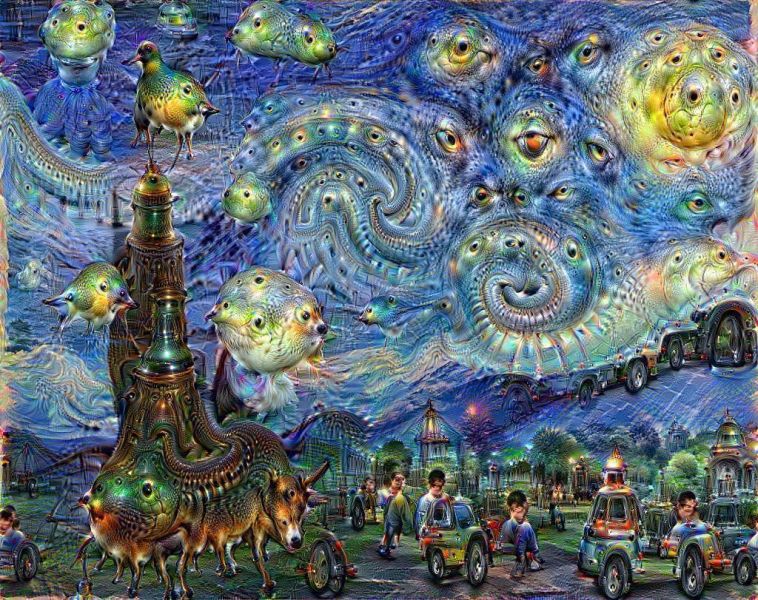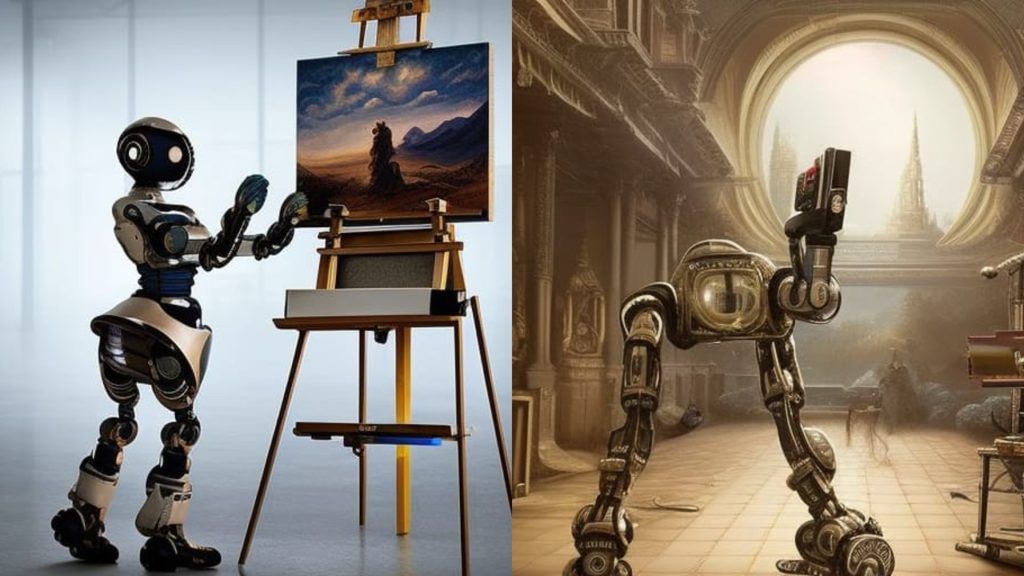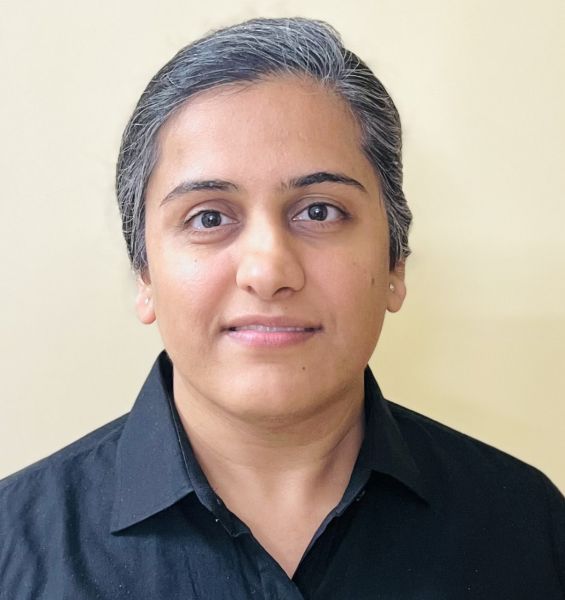It’s surprising how we limit the applications of Generative AI with human imagination. Generative AI, as we know it today, extends far beyond mere automation. How can it become a catalyst for unlocking unprecedented possibilities and enhancing both experiences and operations in ways previously deemed unattainable?

The global generative AI market size is projected to grow from $43.87 billion in 2023 to $667.96 billion by 2030 with a CAGR of 47.5%. Major global corporations are collaborating with technology developers and artists to bring out the newest versions using generative AI.
For instance, DeepMind and YouTube recently released Lyria, a gen-AI model for music, and Dream Track to build AI tunes. Google also revealed an experimental AI tool, Dream Track, that creates original songs in the style of selected famous singers.
With accelerated innovations in the area by tech giants, Generative AI is continually reshaping the very fabric of human-machine interactions.
So, what are the different ways that Gen AI can shape a creative idea?
Gen AI in arts: Elevating experiences through creativity
Generative AI enhances user experiences through unparalleled creativity. Whether it’s crafting unique pieces of art, composing music that resonates, or generating content that captivates, Generative AI transcends the conventional, creating a harmonious blend of human ingenuity and machine intelligence.
Platforms like DeepArt and Runway ML leverage Generative AI to generate unique and visually appealing artworks. These tools analyze patterns, styles, and content, allowing users to co-create with AI, producing pieces that fuse the artist’s intent with the machine’s creative suggestions.
Jukedeck is an exemplary case where Generative AI composes music tracks based on user preferences. By understanding musical elements, styles, and emotions, it crafts compositions that resonate with listeners. This innovative approach not only introduces new possibilities for music creation but also challenges traditional notions of human-exclusive artistic expression.
In an interview with Dinis Guarda, award winning NFT artist, Amrita Sethi highlighted her own AI-inspired artwork:
“I’ve created my own collection, AIBytes, where I take the AI that I created, and then I layer it on my SoundBYTE (original art collection by Amrita) style, the prompts that I did to make the art itself.
It’s not just about doing AI and just putting it out. It’s how you can take AI and make it your own style, and how you do it so that it tells the story of your art. AI unlocks the creative’s imagination.”
OpenAI‘s DALL-E, a Generative AI model that can generate images from textual descriptions, sparked a new era of visual storytelling. Content creators and marketers use this technology to produce captivating visuals that align seamlessly with their narratives, expanding the horizons of digital communication.
Gen AI in Arts: Optimising operations for unprecedented efficiency
From predictive maintenance in manufacturing to dynamic resource allocation in logistics, the technology optimises processes with unprecedented efficiency. By leveraging advanced algorithms and learning patterns, Generative AI anticipates needs, adapts strategies, and enhances overall operational performance.
Companies like Siemens are implementing Generative AI for predictive maintenance in manufacturing. By analysing data from sensors and machinery, the technology forecasts equipment failures before they occur, enabling proactive maintenance interventions. This not only minimises downtime but also extends the lifespan of machinery, optimising the overall efficiency of manufacturing processes.
Companies like UPS utilise advanced algorithms to dynamically allocate resources, optimising delivery routes and schedules. By learning from historical data, weather conditions, and traffic patterns, Generative AI adapts strategies in real-time, ensuring timely and efficient delivery operations. This not only reduces costs but also enhances customer satisfaction through reliable and responsive services.
In the financial sector, Generative AI aids in risk management by analysing market trends, identifying potential risks, and adapting investment strategies accordingly. Hedge funds and investment firms leverage this technology to optimise their portfolios and make data-driven decisions in a rapidly changing financial landscape.
Navigating the ethical landscape of Gen AI in arts
“AI is in a ‘golden age’ and solving problems that were once in the realm of sci-fi.” – Jeff Bezos, Founder and former CEO of Amazon.
The responsible development and deployment of Generative AI ensure that the benefits are harnessed without compromising values. Striking the right balance between innovation and ethics becomes paramount in this dynamic landscape.

For instance, Generative AI is increasingly employed for tasks such as medical imaging analysis and drug discovery. Ethical considerations revolve around issues of patient privacy, data security, and the potential impact of AI-generated medical insights on patient outcomes. Organisations like the World Health Organization (WHO) and regulatory bodies work collaboratively to establish ethical frameworks that guide the use of Generative AI in healthcare settings.
OpenAI, the organisation behind GPT models, has actively worked on refining their models to prevent the generation of inappropriate or biased content. Through ongoing research and model improvements, they aim to strike a balance between the innovative capabilities of Generative AI and the ethical concerns associated with content generation.
The future: Where art and possibility converge
Step into a future where the convergence of art and infinite possibilities unfolds like a mesmerising narrative, propelled by the synergy of human creativity and the boundless potential of Generative AI.
Imagine storytelling elevated to new heights, where generative algorithms collaborate seamlessly with human storytellers, crafting narratives that defy traditional conventions. Platforms like ChatGPT and Sudowrite exemplify this fusion, offering tools that assist writers in refining their storytelling craft. From dramatic plots that challenge our perceptions to immersive narratives that transport audiences to uncharted realms, the synergy between AI and storytelling promises to redefine the art of crafting compelling tales.
Generative AI collaborates with architects and sculptors to create structures and forms that push the boundaries of imagination. Innovations such as AI-generated architectural designs by NVIDIA‘s GauGAN and generative sculptures by artists like Ben Snell showcase the transformative potential of this collaboration.
In the realm of graphics and visual arts, Generative AI brings forth a revolution, enabling artists to conjure digital paintings that seamlessly blend surreal landscapes or design intricate graphics that challenge traditional perceptions. AI-powered galleries, such as the Artbreeder platform, act as virtual canvases where artists and algorithms coalesce, birthing visually stunning and thought-provoking creations.
Filmmaking takes on a new dimension with Generative AI, offering filmmakers tools to explore unprecedented creative territories. Imagine AI-assisted screenplay writing, where algorithms analyse successful scripts to suggest plot twists or dialogue enhancements. The result is a cinematic experience that pushes the boundaries of storytelling in film. Generative AI-driven cinematography, exemplified by Runway ML’s tools, opens avenues for filmmakers to experiment with visual styles and effects, transcending the limitations of traditional filmmaking techniques.
This artistic alliance propels us toward a future where the horizons of creativity are boundless, offering a positive and inspiring vision of an enriched cultural landscape shaped by the limitless possibilities forged through the interplay of human ingenuity and Generative AI.

Pallavi Singal is the Vice President of Content at ztudium, where she leads innovative content strategies and oversees the development of high-impact editorial initiatives. With a strong background in digital media and a passion for storytelling, Pallavi plays a pivotal role in scaling the content operations for ztudium’s platforms, including Businessabc, Citiesabc, and IntelligentHQ, Wisdomia.ai, MStores, and many others. Her expertise spans content creation, SEO, and digital marketing, driving engagement and growth across multiple channels. Pallavi’s work is characterised by a keen insight into emerging trends in business, technologies like AI, blockchain, metaverse and others, and society, making her a trusted voice in the industry.











